Comments for “Town of Herndon Roadway Safety Action Plan”
-
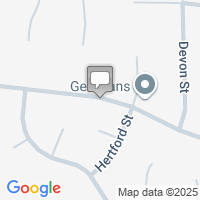
A traffic circle at minimum is required here. Without it, enforcement gaps on Worchester will continue to put families at risk.
-
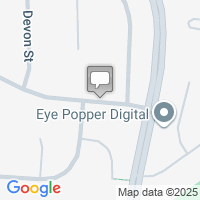
With speeds consistently more than double the posted 25 mph limit, the absence of traffic calming on Worchester is indefensible.
-

Eight lanes worth of traffic compress onto Worchester every rush hour. Calling that “not a through street” is simply wrong.
-

Worchester is a through street in practice, whether the Town wants to admit it or not. The danger is measurable and ongoing.
-
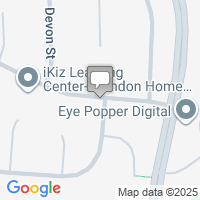
What’s the point of traffic studies if the data showing speeds over 60 mph on Worchester doesn’t trigger enforcement or calming measures?
-

Herndon Elementary sits at the gateway of Worchester, and yet cars fly by daily as if it’s an on-ramp. Parents are scared to walk their children.
-
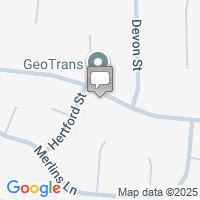
It is baffling that Worchester is still marked as “not a through street” when it clearly connects two major arteries. The speeding data proves it.
-
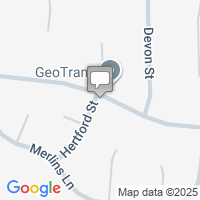
We don’t need another study. We need enforcement, and we need a traffic circle to slow the cut-through traffic on Worchester.
-
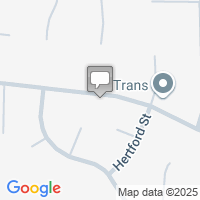
The Town has studied Worchester multiple times and still mislabels it. Meanwhile, kids walk to class with cars flying by at 60+.
-
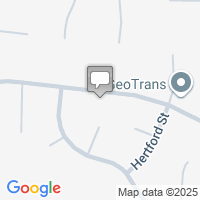
Families walk this corridor daily to school, while drivers barrel through at freeway speeds. Where is the enforcement? Where is the traffic calming?
-
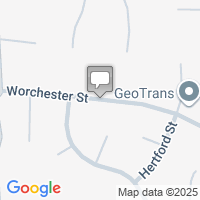
Worchester is a straight cut-through, funneling traffic at high speeds directly toward Herndon Elementary. To call it “not a through street” is ignoring reality.
-
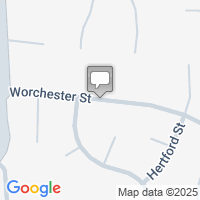
Cars are clocked at over 60 mph in a 25 mph zone, and yet enforcement is nonexistent. That’s not a study issue—it’s an action issue.
-
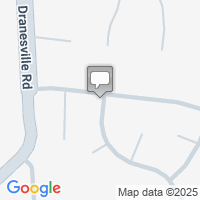
Worchester has been labeled “not a through street” in multiple traffic calming studies, yet anyone who drives it knows it connects two of Herndon’s busiest roads. That mistake is costing us safety.
-
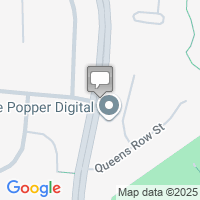
Community members are tired of excuses—real enforcement on this corridor is overdue.
-
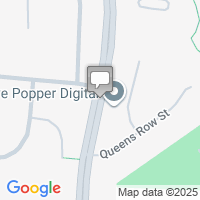
Zero enforcement equals zero deterrence. The wrecks are proof.
-
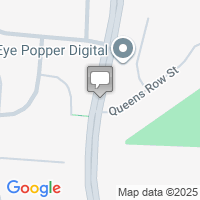
Zero enforcement equals zero deterrence. The wrecks are proof.
-
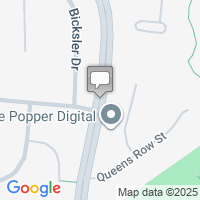
Everyone in town knows this is the deadliest corridor—except apparently those tasked with enforcement.
-
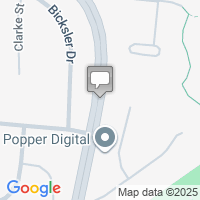
Cavendish to Runnymede has become a race track disguised as a public road.
-
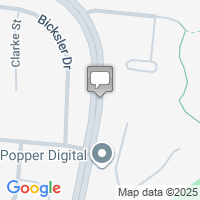
Families along this stretch live with constant risk because no one is curbing reckless drivers.
-
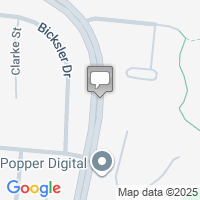
Data proves the danger: eight serious single-car wrecks. The missing piece is visible enforcement.
-
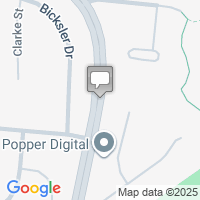
The silence of law enforcement here is louder than the crashes we hear month after month.
-
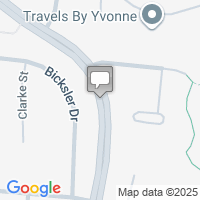
When the community counts eight serious crashes in one corridor, that’s not coincidence—that’s neglect.
-
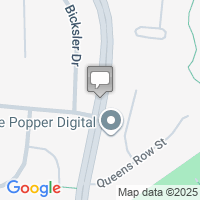
Residents see the speeding every night. The only thing missing is enforcement.
-
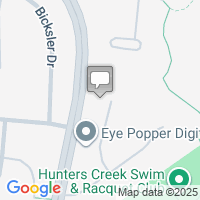
It’s not just bad luck—this is an enforcement vacuum that drivers exploit daily.
-
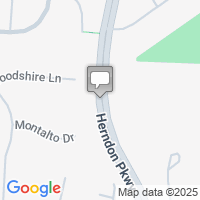
How many more cars need to wrap around trees before enforcement becomes a priority?